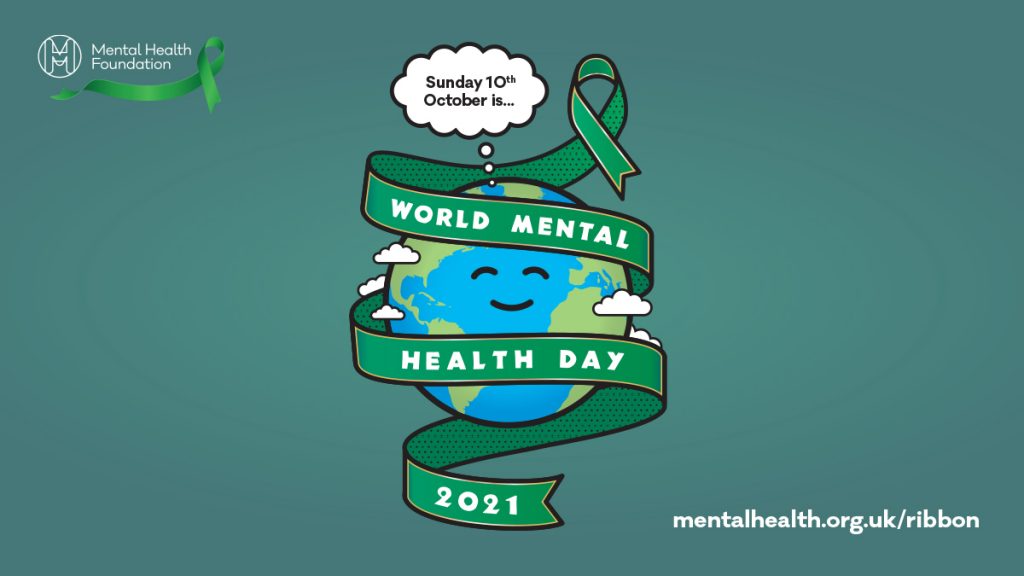The injustice of health inequalities
‘Health inequality’ means that people often don’t experience the same access to help and support with their mental health. This is often because they are also living with other disadvantages, such as being a victim of abuse, experiencing trauma, living in poverty, or having insecure housing.
People who experience inequalities often face the most barriers to getting help. This creates a cycle, as inequality damages our mental health and prevents us from being able to access support, which in turn leads to worse mental health.
People living with severe mental illness experience some of the most extreme inequality, meaning they have a life expectancy of up to 20 years less than the general population. [1]
Health inequalities in our communities
These kinds of disadvantages often disproportionately affect people who are discriminated against because of their gender, ethnicity, or sexual identity.
For example, women are 10 times more likely than men to have experienced physical and sexual abuse. This has an impact on their mental health, which we can see as 36% of these women have attempted suicide, 22% have self-harmed, and 21% have been homeless [2].
Meanwhile, LGBTQ+ people are more likely to experience common mental health problems than heterosexual people, yet only a third are able to access the support they need [3]. When they do access support, many report that they don’t feel like their experiences are understood, so the support doesn’t meet their needs [4].
Similarly, people from African-Caribbean communities in the UK have higher rates of post-traumatic stress disorder and are at higher risk of dying by suicide [5]. However, Black adults are the ethnic group that is least likely to report receiving mental health medication, counselling, or therapy [6].
How social prescribing can help
The people in our society most in need of mental health care are the least able to access support – this must change.
This is where social prescribing comes in. Social prescribing is a form of mental health support that considers a person’s whole story, not just their diagnosis. By putting the person at the centre of this model of care, social prescribing can begin to tackle the inequalities that are impacting people’s wellbeing.
Social prescribing is a key part of the NHS community mental health transformation , which aims to create a more linked-up system of care.
A more connected, or ‘integrated’, system will make it easier for people with severe mental illnesses to access support for their diagnosis, as well as any inequalities they might be experiencing.
Our social prescribing link workers help to connect people who are struggling with their mental health support in their own community, such as the Northumberland Recovery College, which Everyturn Mental Health is proud to lead.
Northumberland Recovery College
As part of the community mental health transformation, the North East will receive an additional £2 million in funding, some of which will help to fund Northumberland Recovery College.
Here’s a conversation between Beth, one of our colleagues at Northumberland Recovery College; and Libby, one of the college’s students:
Northumberland Recovery College aims to help people improve their all-round wellbeing by offering free courses and activities which help people to:
- Develop skills to help manage their emotions.
- Build their knowledge.
- Participate in activities which promote wellbeing.
- Get connected with others.
Here’s what some of the people who have been supported by the Northumberland Recovery College have to say:



